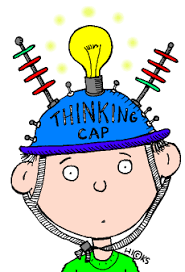How do environments affect living and non-living things?
29/04/2015
Our Trip to the Manwatu River, Estuary and Foxton Beach.
Here we are in the sand dunes investigating and observing the wind speed, temperature and what kind of living and non-living things live here!

 We used all of our senses to observe and describe our environments!
We had to think like scientists; ask questions, and make predictions.
We used all of our senses to observe and describe our environments!
We had to think like scientists; ask questions, and make predictions.
(Estuary)
 Our questions
Our questions
Where do rocks come from?
How many grains of sand are on Foxton beach?
How do crabs get to the mud?
How did the rocks, shells and logs get on the beach?
Why is the sea salty? Is the river salty too?
Why do crabs bury themselves in the sand?
How are shells made?
How big can crabs grow? Does it change depending on where they live?
How is the beach made?
How many body parts does a crab have?
Why do crabs have a hard shell back?
What types creatures live in different shells?
When did the fish skeleton come onto the beach?
When you put your foot/hand in the wet sand, the surrounding sand becomes dry and when you release your foot/hand the sand becomes more moist than before - why does this happen?
Why does pumice come out of volcanoes?
Why do crabs have pinches?
What type of crabs are on Foxton beach?
Why are there plants in dry areas?
Why did the log go in the opposite direction to the way the waves were going - Estuary.










